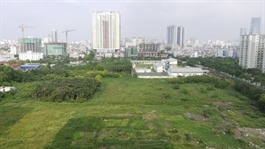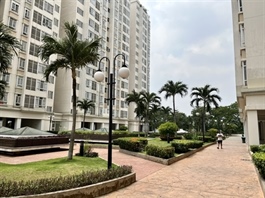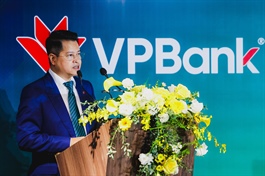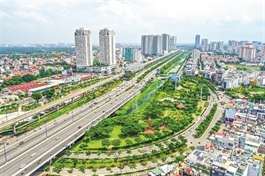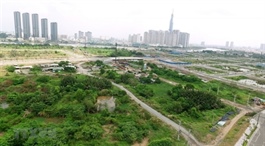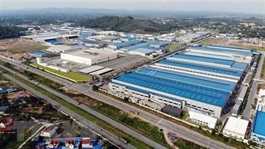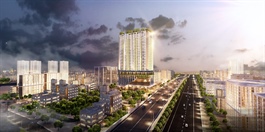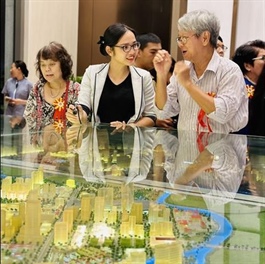Land space shake-up mooted for tourism
Land space shake-up mooted for tourism
The legal inclusion of tourism projects in the list of land that can be repossessed by the state and assigned to investors for socioeconomic development was among the key issues experts discussed at a seminar organised by VIR last week in Hanoi.

At the conference on revising the Land Law and creating available land for tourism last week, lawyer Nguyen Hong Chung, also vice chairman of Hanoi Real Estate Club, said that Article 62 of the 2013 Land Law regulates cases where the state can repossess land for socioeconomic development, which does not include for tourism facilities.
According to Chung, although the law stipulates that tourist projects are not subject to land repossessed by the state, due to the important function of tourism in developing the economy, many provinces still repossessed land and allocated it to businesses for development.
As a result, from around 2019, legal issues in tourism real estate began to arise and a series of projects were suspended due to breaches in land allocation regulations, which have still not been resolved.
“The revised Land Law needs to have specific regulations on land for developing tourism facilities. At the same time, there must be open policies on land, taxes, and investment for developing tourism facilities,” Chung said.
“Once we have determined the tourism economy as the key, tourism projects such as amusement parks, entertainment areas, and multipurpose complexes must be added to the state’s land repossessed for socioeconomic development.”
Prof. Dr. Hoang Van Cuong, member of the National Assembly Committee for Finance and Budget, said that the benefits and the basic theory of land repossession must be considered and outlined carefully.
“One of the foremost conditions is to set out clear and transparent criteria of land repossession and the types of projects which meet the enough conditions for land to be repossessed by the state,” Cuong said.
He also emphasised two critical criteria, one being that projects must bring good impact to the whole community and be within the state’s approved land planning, with the investment plan approved by local authorities.
The second criteria is that the proposed projects of land repossessed, regardless of its purpose, must be agreed and supported by the majority of local people. “If both of these criteria are met, we must include that project in the list of land repossessions,” Cuong said.
Meanwhile, real estate legal expert Nguyen Van Dinh said that apart from tourism projects of amusement parks, entertainment areas, and multipurpose complexes, the revised draft Land Law should also contain other tourism projects without accommodation functions.
“However, projects that are suitable for developing tourism should be prioritised for land repossession because they will help develop the socioeconomic situation and create motivation for local tourism,” Dinh said.
The main reason for the sharp decline in the resort real estate segment in recent years, in addition to the impact the pandemic, is the lack of a comprehensive development strategy for the tourism industry, Dinh said, especially the improvement of mechanisms and legal frameworks for effective exploitation of land and infrastructure development, which is an extreme challenge.
According to the Vietnam Real Estate Research Institute in August, among the factors cited as hindering the speed, scale, and determination to participate in Vietnam’s tourism and resort real estate market, economic and financial factors make up 30 per cent, legal factors account for 50 per cent, and other factors account for the remainder.
According to the Vietnam Tourism Marketing Strategy for 2030 released by the Ministry of Culture, Sports, and Tourism in March, Vietnam aims to be the leading attractive tourist destination in Southeast Asia in 2025 with 18 million international and 130 million domestic visitor arrivals each year. By 2030, the tourism sector expects to pull in 35 million and 160 million visitor arrivals respectively.
According to the strategy, Vietnam would become a country with a developed tourism sector by 2030. To meet this goal, the country needs 400,000-500,000 rooms of all types for tourist accommodation.




